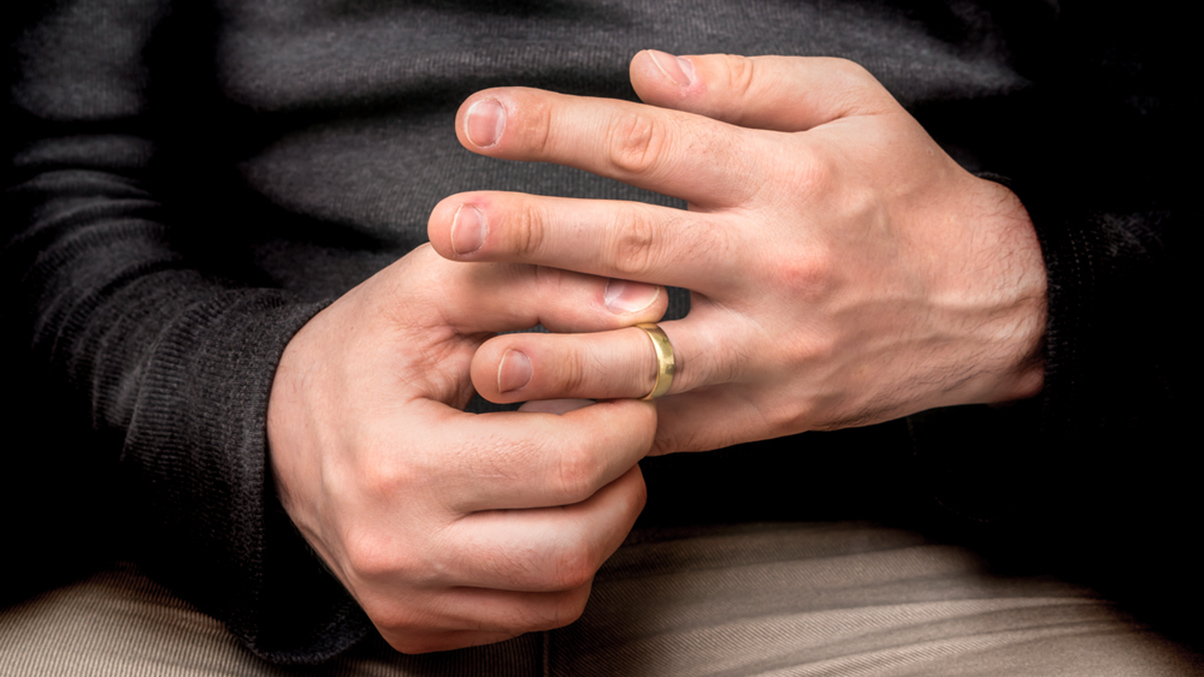The court found that the answer to this question is yes. However, the facts of HW and WW [2021] EWFC did not lead to a reopening of the case. Ellie Hampson-Jones examines the decision and the potential future of Covid-19 and ‘Barder’ cases.
Background – the law
A party may apply to set aside a financial order where no error of the court is alleged, even when that order is made by consent. The grounds for a set aside include “a subsequent event, unforeseen and unforeseeable at the time the order was made, which invalidates the basis upon which the order was made”.
Background – the facts
In March 2021, nearly a year on from the start of England’s national lockdown, His Honour Judge Kloss was required to evaluate whether changes to the performance of a company as a result of the Covid-19 pandemic were so dramatic and fundamental as to justify the reopening of a final order designed to bring an end to proceedings.
The husband and wife were aged 53 and 49, respectively. Theirs had been a long marriage of some 24 years, and together they had three children of the marriage aged between 12 and 21. The youngest child, being dependent, lives with the wife at the former matrimonial home. The husband is the managing director of a company that trades in the wholesale distribution of commercial photocopiers and printers. The stock is manufactured in China and Thailand but purchased by the company in Germany and sold to commercial customers in the UK. The company’s international nature was looked at closely by the judge when reaching his conclusion. The shares in the company were held 51% by the husband and 49% by the wife.
The husband and wife attended a settlement hearing on 12 March 2020. This was 11 days before the start of the national lockdown in England and on the same day on which the prime minister stated that government measures would “cause severe disruption across the country for many months”.
At the hearing, the parties reached a consensual settlement, which was embodied in a final consent order. Although this was a long marriage, which in other circumstances would have resulted in an equal division of the assets, the parties agreed that the wife would receive 40% of the assets and the husband would retain 60%. The deal would be achieved by the wife retaining the former marital home and receiving three lump sum payments between June 2020 and April 2022 totalling £1m. In exchange, she would transfer all her shares in the company to the husband by the date the first lump sum payment of £750,000 fell due. The husband retained the company and his pension, but little by way of liquidity. The judge found that the husband “chose for himself the path of greatest personal risk in achieving this structure, which was projected to lead to the greatest personal reward”.
As the Covid-19 pandemic developed, there was a fall in the company’s profits and value. The company also faced liquidity issues. The husband found himself unable to make the first lump sum payment, and the wife issued enforcement proceedings. In November 2020, eight months after the original order was made, the husband made an application to set aside the order on the basis that company sales had “fallen off a cliff”. He claimed the effects of the Covid-19 pandemic were neither foreseen nor foreseeable and had thus invalidated the basis upon which the order was made. In short, the husband argued that the Covid-19 pandemic and its impact on the company constituted a “Barder event”.
What is a Barder event?
As explained in our previous article, a Barder event is regarded as an exceptional one. However, it will be found to have taken place provided four conditions are met:
- First condition: the event was unforeseen and unforeseeable at the time of the making of the order and invalidates the fundamental basis or assumptions on which the order was made.
- Second condition: the event has occurred within a relatively short time of the order being made. The court has previously observed that while the length of time cannot be laid down precisely, it is extremely unlikely that it could occur as much as a year later than the order, and in most cases, will be no more than a few months later.
- Third condition: any application to set aside an order should be made reasonably promptly in the circumstances of the case.
- Fourth condition: third parties should not be adversely affected if the order were to be set aside.
The judge found on the facts of this case that:
- The Covid-19 pandemic is not an issue of market volatility that is periodically experienced. It is more “akin to a war, with tentacles spreading across the world”. Therefore, Covid-19’s impact upon a key asset (such as a company) can constitute a potential Barder event that opens the door to a set aside application, and
- The timing of the husband’s application satisfied the second and third conditions. However, the risk of the event, as properly defined, was reasonably foreseeable to the husband, and so the first condition was not satisfied. This led the court to exercise its discretion against the husband.
The husband’s application to set aside the final order was therefore dismissed.
Why was the impact of the Covid-19 pandemic not a Barder event in this case?
This judge was sympathetic to the husband and recognised that the company had faced short-term challenges as a result of Covid-19. However, the judge considered that the husband was an experienced businessman who worked internationally. By the date of the hearing, although the extent of the impact of Covid-19 was not known, the event itself was not unforeseeable.
The judge reached this conclusion by:
- Setting out the timetable to the date of the hearing (indicating the lockdowns in China/Europe, which the husband would have been aware of).
- Evaluating that Covid-19 was just a risk among many other risks facing the company. The husband had decided to gamble on that risk in the hope of reward. Just as the wife could not reopen the case if the husband had achieved incredible reward due to the pandemic, the husband could not rely on the opposite having occurred.
- Observing that the husband focused on short-term macro-economic factors rather than the company’s long-term outlook. During the husband’s evidence, it was revealed that he had presented a pitch to HSBC in which it was stated that “whilst the company has suffered during lockdown and Covid-19, the director is expecting the business to bounce back significantly”.
- Similarly, the company had not needed to utilise a debt facility offered by the bank and had been able to set aside surplus cash while continuing to pay down the capital on a commercial property mortgage. While the judge found the husband had not lied or deliberately mislead the court, he found it difficult for this presentation to live side by side with the outlook given by the husband to the court.
Effectively, the judge found that the Covid-19 pandemic and its effect on the company were the very essence of “’known unknown’, ‘a thing is known and assumed but in fact later eventuates to an extent that was not expected’”. The husband had notice of the risk, and to reach the high Barder threshold, the event must be unforeseeable. However, it does not require notice of the full extent by which a certain risk develops.
What does this judgment mean for future cases?
At the start of the pandemic, it was unclear whether the Covid-19 pandemic would be classified as falling into the category of price fluctuations (akin to the 2008 financial crisis) or as a truly unforeseen and unforeseeable event, which would satisfy the Barder test. Head of Divorce and Family Stephen Foster observed that “and one might well ask what would qualify as such, if not the Coronavirus pandemic and its devastating economic impact?”
Stephen also observed that “the courts have made clear that cases in which a Barder event can be successfully argued are extremely rare… As ever, every case will turn on its own unique set of facts.” A year on, this judgment bears out those views.
Although this judgment supports the concept that Covid-19 and its effects may qualify as a Barder event and, therefore, the floodgates for applications have now been wedged open, the conditions around the timing of any application being made promptly after the event mean the chances of new applications succeeding if not made already are limited.
Stephen Foster comments:
“From the very start of the pandemic, we were cautiously watching to see whether Covid-19 and its effects were going to be regarded as a Barder event. Whilst we have guided and steered clients successfully through the ‘price fluctuations’ of the 2008 financial crisis, the pandemic was unchartered territory for clients and family lawyers alike.
“Our initial instinct was that the pandemic and its economic impact were likely to be regarded as being an unforeseen and unforeseeable event capable of meeting the high Barder threshold but that the court would still approach any Barder applications with the appropriate level of ‘exceptionality’. This judgment bears out our initial thinking.
“It is clear for clients when considering this judgment that if you enter into a settlement to which commercial risk is attached, you must not regard the family arena as being isolated from the outside world. The two are undoubtedly intertwined, and specialist advice should always be taken.”
Covid-19 is impacting individuals and companies around the world in an unprecedented way. We have collected insights here to help you navigate the key legal issues you may be facing at this time.
You can find further information regarding our expertise, experience and team on our Divorce and Family pages.
If you require assistance from our team, please contact us or alternatively request a call back from one of our lawyers by submitting this form.
Subscribe – In order to receive our news straight to your inbox, subscribe here. Our newsletters are sent no more than once a month.








